Every animal species in the world lives as part of a community – none exist in a vacuum. This means that every species has the ability to change and influence the lives of other plants and animals living near them.
Typically, these types of impacts only affect a handful of other individuals, but there are times in which a single species can cause significant change to the entire habitat or even the world as a whole.
Below, we’ll talk about four species that managed to do exactly that and explain how they had such a big impact on the world we all share.
1. Mosquitos
Mosquitos are more than an annoyance, they transmit diseases that occasionally have very big impacts on the world.
Mosquitos may be small, but they have had a huge impact on the world – particularly the humans living in it. But it isn’t the mosquitos themselves that are responsible for most of their influence. Instead, it is the parasites and diseases mosquitos often spread that have changed the world.
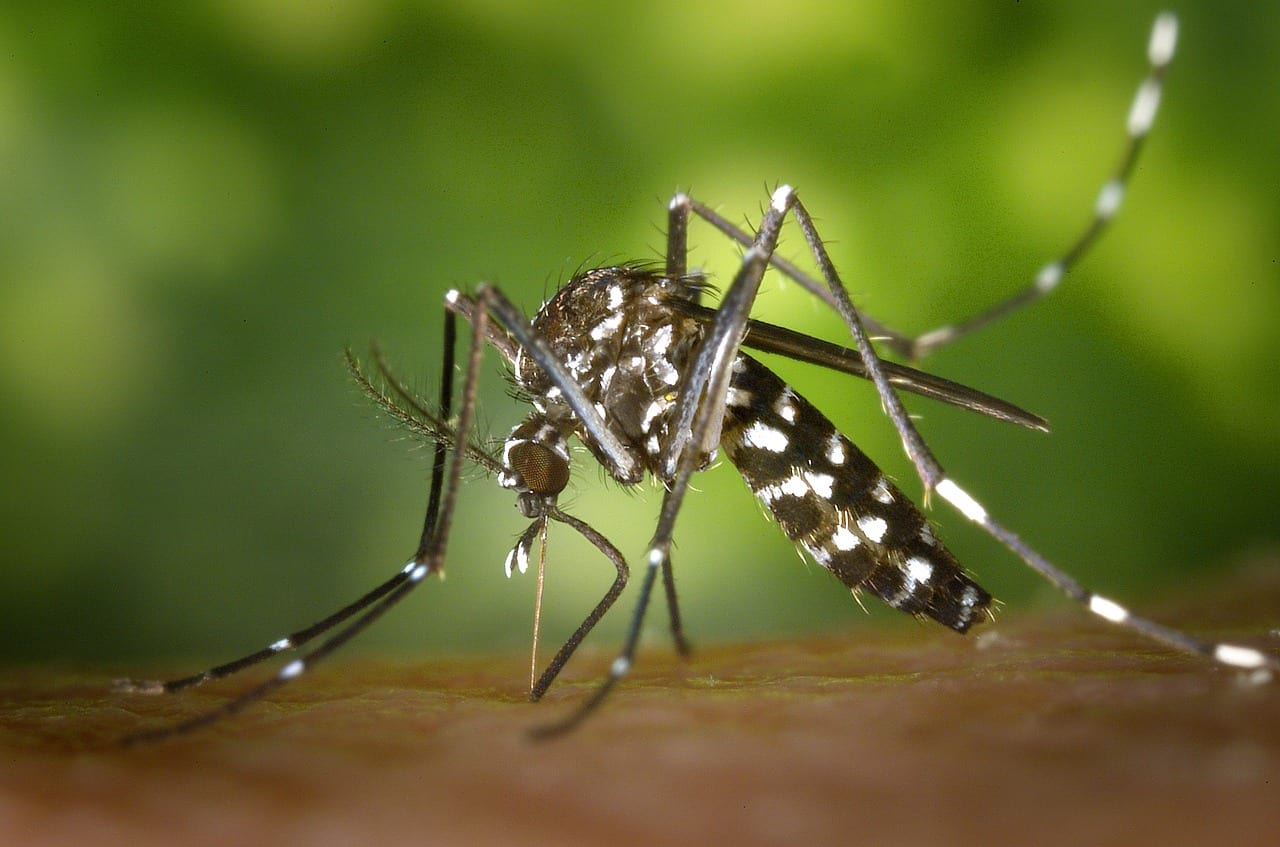
Aedes mosquitos, for example, can carry a number of important diseases, including yellow fever, dengue virus, and Zika virus. Anopheles mosquitos are also important disease vectors, as they can transmit malaria, which has been a major health hazard throughout human history.
These diseases caused problems for early European colonists who were trying to settle portions of the eastern United States. In some cases, entire settlements needed to be abandoned because so many people were getting sick from the diseases the mosquitos carried.
Mosquitos also came close to disrupting the construction of the Panama Canal, as workers contracted yellow fever and other mosquito-borne illnesses at shockingly high rates.
2. Rats
Rats not only steal and ruin human food, but they also spread diseases.
Rats have been around for a lot longer than human beings, but once our ancestors started growing (and storing) grain and other crops, rats altered their behavior drastically. Whereas rats had once confined themselves to forest, fields and other natural habitats, they began living in close proximity to humans, thanks to the food source we represent.
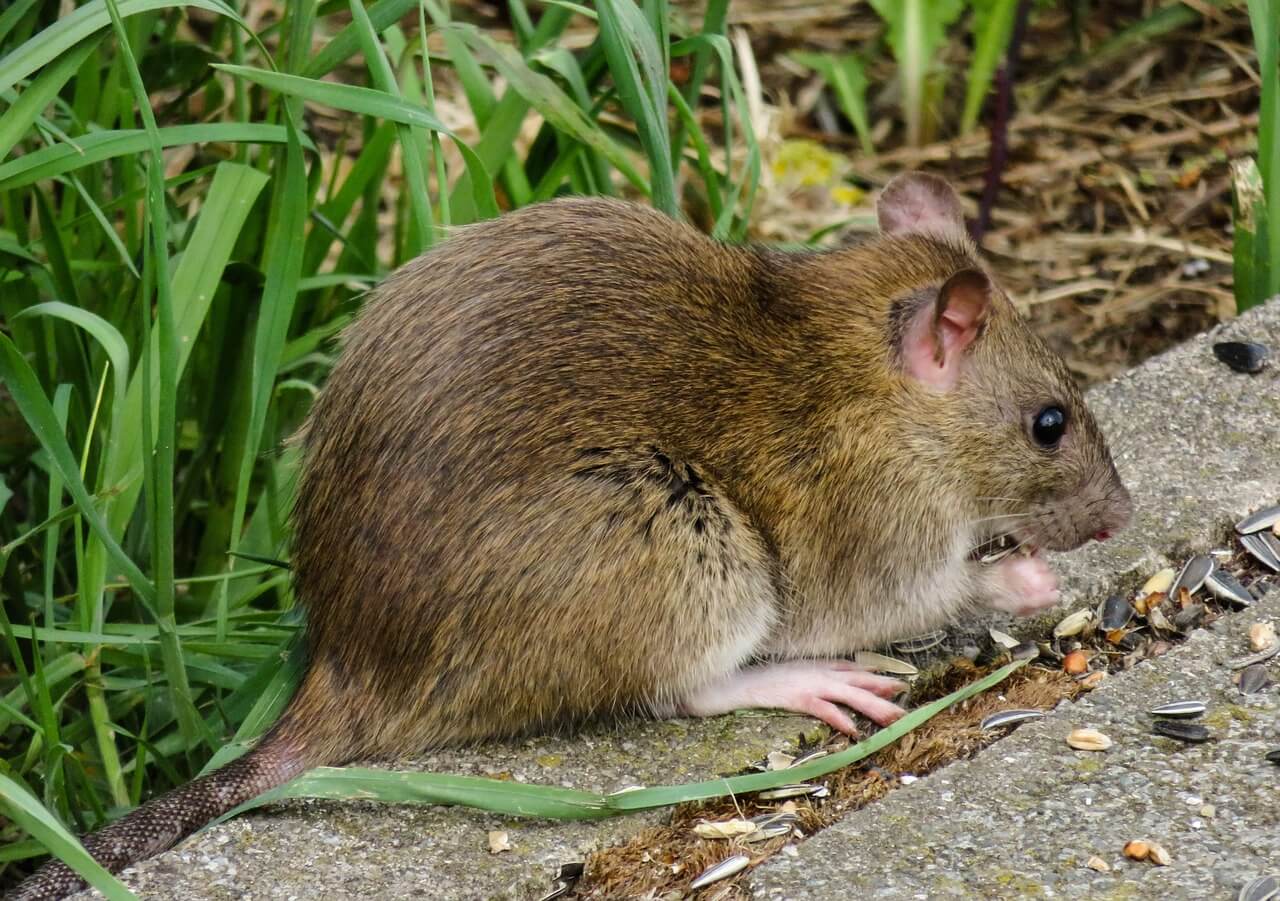
Even in the modern world, rats cause incredible damage to crops and stored foods. They not only eat the foods humans grow and store, but they also ruin a significant percentage of the food they don’t consume, as they spread urine and feces around as they forage.
But the greatest impact rats ever inflicted upon the world was undoubtedly the role they played in spreading the black plague throughout Europe and parts of Asia during the middle of the 14th century.
The rats themselves did not cause spread the plague. Instead, the disease (known to scientists as Yersinia pestis) was actually spread by the fleas that inhabit rats and other rodents.
Scientists and historians estimate that this disease killed between 30% and 60% of Europe’s population at the time, which we’d certainly consider a “world-changing” event.
3. Dogs
Dogs have helped humans to survive for tens of thousands of years.
Not all animals that changed the world did so in a negative way. Sometimes, animals influenced the world in a positive way — at least as far as humans are concerned. And dogs provide an excellent example of this phenomenon.
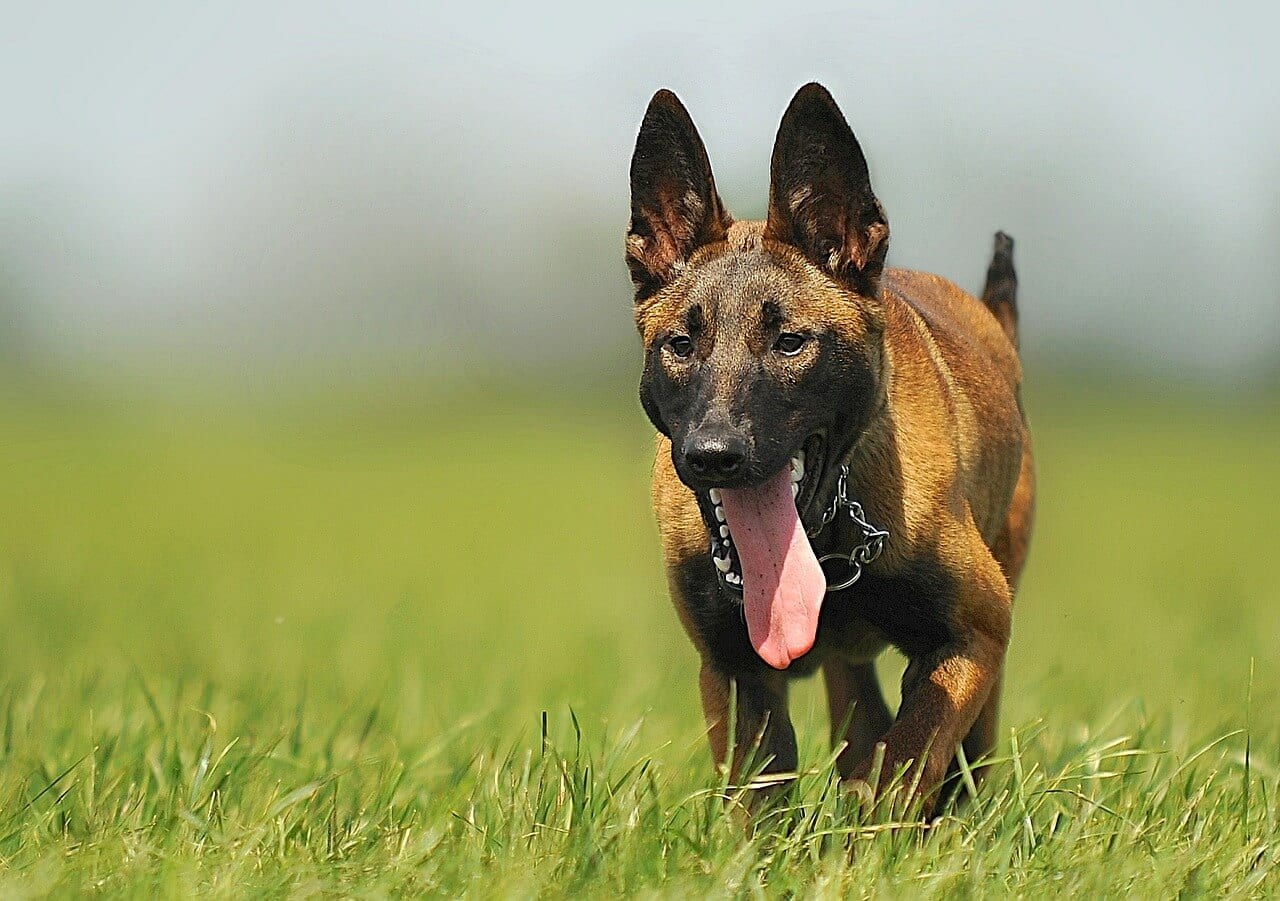
Dogs are likely the first species humans domesticated. Scientists aren’t sure exactly when dogs were first domesticated, but it likely occurred sometime between 15,000 and 40,000 years ago.
The details of canine domestication aren’t fully understood, but it likely started when small groups of wolves began following humans to scavenge the scraps and bones left behind by our ancestors. Eventually, some of the wolves lost their fear of humans (and vice versa) and began interacting with humans in increasingly significant ways.
Once domesticated, these early dogs helped provide a number of services to humans. They’d help us hunt, they’d help alert us to danger, and they’d even help protect us from predators and other threats.
Dogs also benefitted from the relationship, as they would also derive protection from their human caretakers and enjoy more food than they would living on their own.
Over time, this human-dog relationship would change both species, and allow us the become successful enough to spread around the world.
4. Rabbits
Rabbits helped show the world how damaging invasive species can be.
Rabbits are pretty cute animals, who typically don’t cause much trouble to other species. However, rabbits are not very popular in Australia, as they have become one of the world’s most destructive invasive species to ever walk the planet.
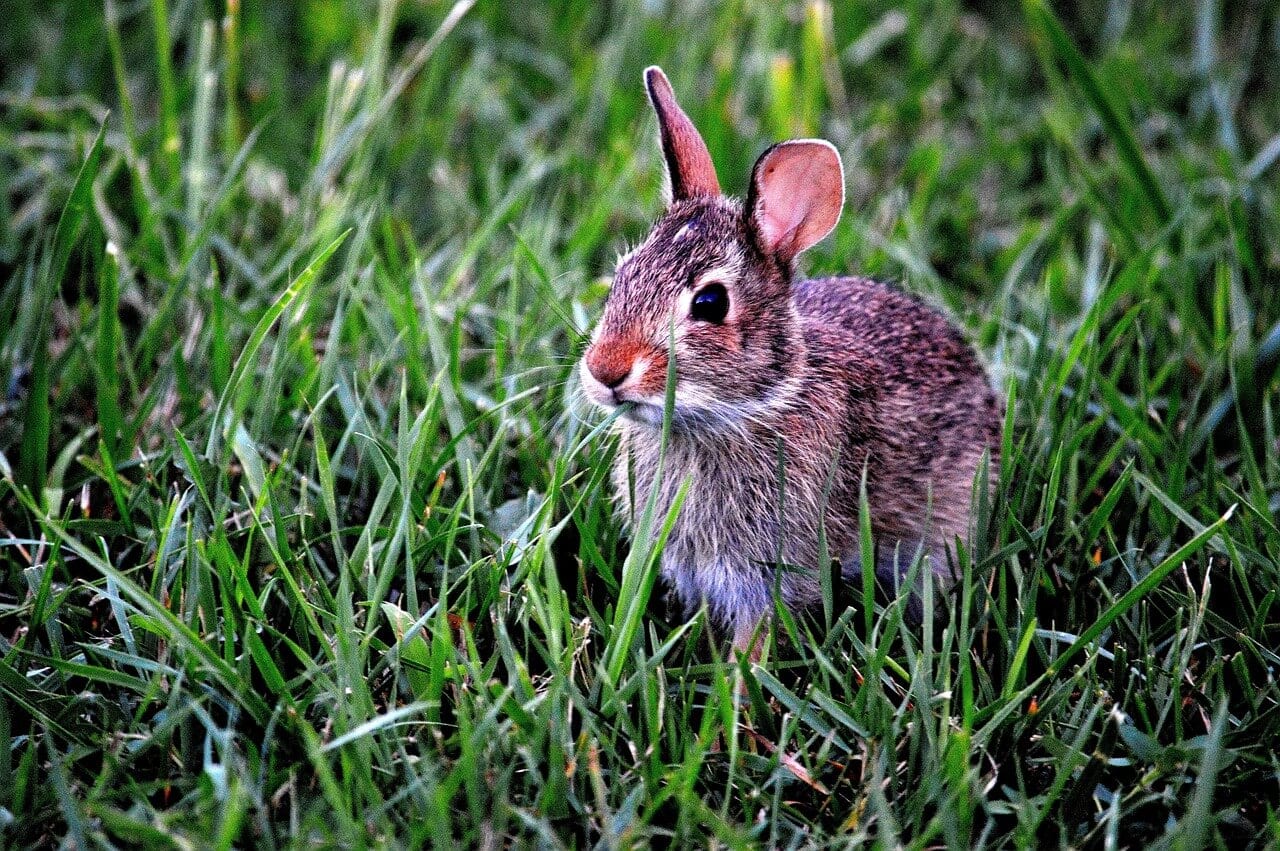
Because Australia has been separated from other major land masses for millions of years, it is home to an unusual collection of plants and animals. For example, most of the mammals that are native to Australia are marsupials, who carry their young in a pouch, rather than the placental mammals, who are more common on all other continents.
Accordingly, Australia doesn’t have many of the small mammalian predators that places like North America do. Instead of warm-blooded foxes and bobcats, for example, monitor lizards and other cold-blooded species are the most important medium-sized predators in the land down under.
The problem is, that none of these predators have evolved to prey on rabbits the way foxes, coyotes, bobcats and other warm-blooded predators have.
So, when humans accidentally introduced rabbits to Australian habitats in the late 18th century, the rabbit population exploded.
Ultimately, the rabbits reproduced so quickly and so successfully that they overran entire habitats, eating all of the vegetation and destroying the habitat for other animals.
This ordeal helped introduce the world to the harm that invasive species can cause. Even now, several centuries later, rabbits continue to cause trouble in the Land Down Under, and Australia has placed very strict limitations on the animals that can be imported to the continent. This way, they hope to prevent similar problems from happening in the future.
***
There are other examples of animals that influenced the world.
Horses, for example, gave humans the ability to travel farther and faster than they’d ever managed before, once they were domesticated. Others, such as the invasive zebra mussel are currently damaging fisheries throughout the world.
The brown tree snake, who normally lives in Australia and New Guinea, has made its way to Guam, where it has eradicated 10 of the island’s 12 native forest birds, and it is only a matter of time before it arrives in Hawaii and the mainland United States.
Can you think of any other animals that have had a huge impact on the world? Let us know in the comments below.

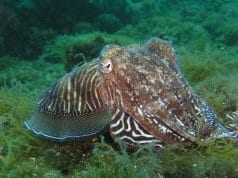
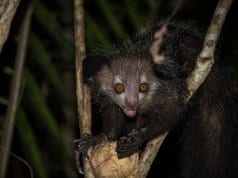
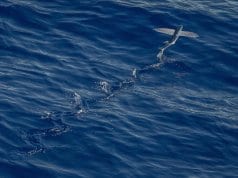
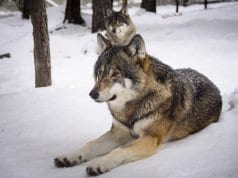
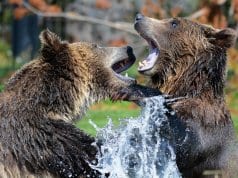
![Red Angus Closeup of a beautiful Red Angus cowPhoto by: U.S. Department of Agriculture [pubic domain]https://creativecommons.org/licenses/by/2.0/](https://animals.net/wp-content/uploads/2020/03/Red-Angus-4-100x75.jpg)

